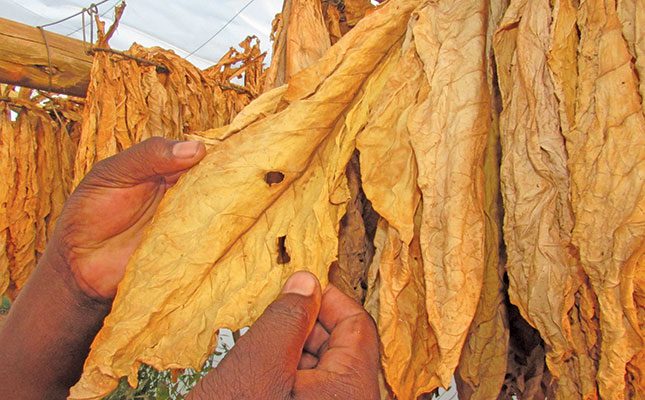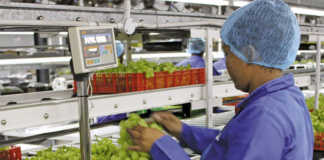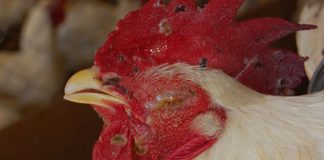
The Portfolio Committee on Health has opened the Tobacco Products and Electronic Delivery Systems Control Bill for public comment. It aims to further regulate smoking and the sale of tobacco products, including electronic cigarettes, vapes and hookah pipes.
There are also extreme penalties for businesses and private individuals who are caught smoking near minors, and even in the presence of non-smokers.
South African Tobacco Transformation Alliance spokesperson Zacharia Motsumi said that if the law was passed, it would kill thousands of small businesses and the jobs they provided.
“The bill is especially concerning since South Africa has been privy to the effects of banning tobacco trade during the COVID-19 lockdown. During this time, illegal trade soared, rather than being curtailed,” Motsumi said.
British American Tobacco South Africa estimated that illegal cigarettes currently accounted for approximately 33% of all cigarettes sold in South Africa.
Willie Clack, rural criminology expert at Unisa, noted that studies into illegally traded goods showed that as soon as governments banned segments of legal trade, illegal trade flourished. “It becomes a source of crime, and the underground network just gets stronger. We’ve seen it with diamonds, drugs and cigarettes.”
Clack’s research into how crime syndicates operated in South Africa showed that groups were not permanent fixtures, but rather morphed as opportunities arose.
“They move into areas where they see gaps in the market. One day it will be rhino poaching, the next coal theft. If cigarette trade is banned, it will create a bigger opportunity for syndicates.”
Pointing out further repercussions, should the Bill be passed, Annelize Crosby, head of legal intelligence at Agbiz, said that it could pave the way for further legislation curbing sales of alcohol and products high in sugar and fat.
“This law is driven from a health point of view, and the farming sector has in no way being taken into account. Of concern is that if you can justify such laws for unhealthy tobacco, what stops government from implementing the same for other products deemed unhealthy?”
South Africa already has a sugar tax in place aimed at curbing sugar intake as a means to promote greater health. The Health Promotions Levy on sugary beverages has had dire consequences for the sugar industry, reducing profitability levels and resulting in some farmers and mills closing up shop.












